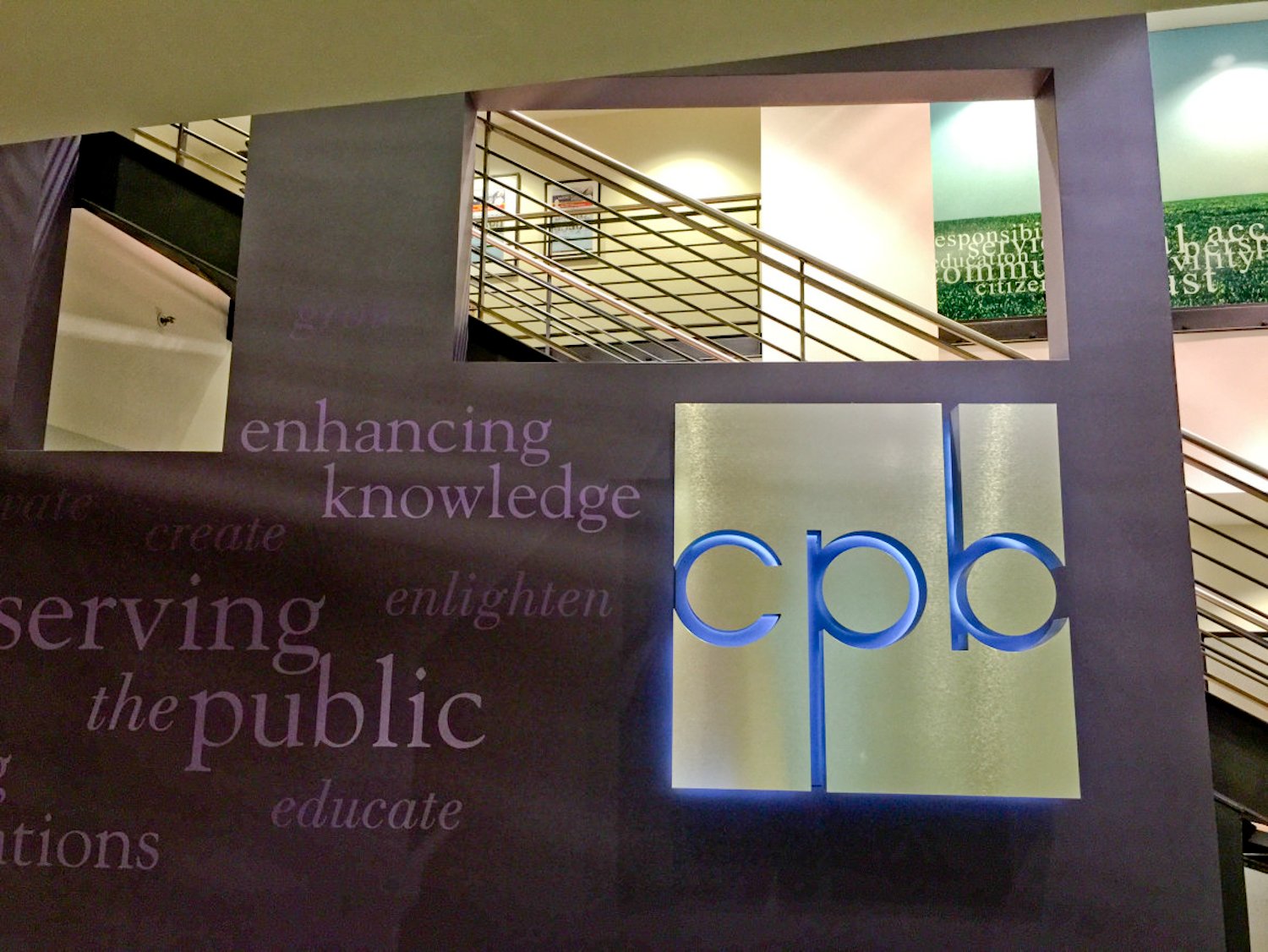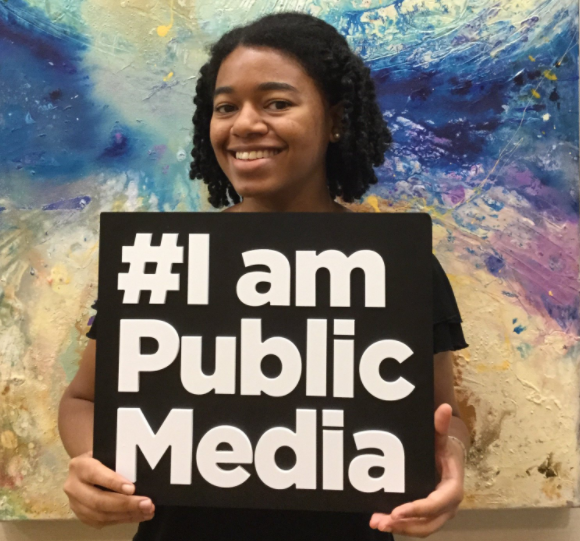Tag: CPB
CPB Board wants new approach to setting TV Community Service Grants
Vice Chair Bruce Ramer suggested starting with “a blank slate” on determining station CSGs.CPB inspector’s office asks for clarity in station accounting guidelines
Some institutional licensees are hitting snags in accurately calculating the value of indirect support.CPB grant will help stations expand investigative journalism
American Public Media, the recipient of the grant, will help stations with training and other resources.New CPB grant bolsters disaster communications work at stations
NPR will use the $419,000 grant to help up to 30 stations across 10 states.Ashley Montgomery: Serving all Americans means finding unfamiliar voices
Public media helped Ashley Montgomery make sense of the world in her youth. Now, as a CPB fellow, she's making sense of ...CPB puts another $3.3 million into news collaborations
A total of 23 stations are involved in projects funded in this round.To build on public media’s news collaborations, consider lessons from two startups
To succeed at creating a "network effect," partner stations need to integrate collaborations into their newsrooms and rethink their digital strategies.Senate committee gives CPB full funding, $20M for interconnection
Both the House and Senate Appropriation panels defied the president on CPB funding.Six stations team up for journalism collaborative covering Western U.S.
CPB is supporting the initiative with a $475,000 grant.CPB assists stations in Harvey’s path with emergency grants
Houston Public Media and KEDT in Corpus Christi, Texas, have received initial support.Music format highlighting hip-hop, other genres seeks home on public radio
CPB is backing development of the new “Urban Alternative” format and looking for three stations to start airing it this year.CPB Inspector General challenges classification of UNC-TV funds
The IG recommended that CPB recover about $38,000 in excess payments to the station.CPB convenes public TV leaders to help system innovate
The Future Business Strategies initiative is a different kind of project for CPB.House committee backs funds for Ready To Learn, passes over interconnection
The committee recommends $25.7 million for the public TV early literacy project.CPB director accuses public broadcasting of ‘identity politics’ in latest op-ed
Howard Husock continues his public criticism of CPB and federal funding for pubcasting.








